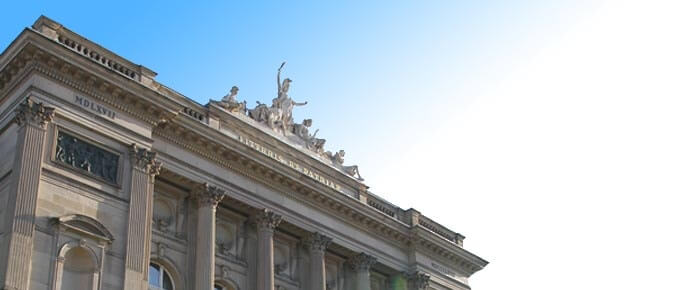Cultural transfers and cultural mediators in sport
The Diffusion of Sport in Europe: Origins and Perspectives
For its 21st edition, the Congress of the European Committee for Sports History (CESH) will take place in Strasbourg on the 7 - 9 December 2017.
For theStrasbourg Research centre in Sports and Social Sciences (E3S), to whom the CESH has entrusted the organization of their annual congress, it is a major event: it shows that the work accomplished by Strasbourg researchers in the history of sport has truly been appreciated by the international scientific community. And the CESH's choice of Strasbourg is particularly significant given that only 2 of their congresses have been organized in France in the last 20 years (in Lorient in 2007, and Besançon in 2002). .
The CESH
The European Committee of Sports History (CESH) works in various ways to foster research on the history of sports and other physical activities.
In the course of its history, it has made possible the development of stimulating lines of research in these fields.
Its goal is to foster European and international cooperation.
It encourages young researchers to develop a European dimension in their works.
This Congress represents an opportunity for all to present innovative studies, but its purpose is also to allow researchers to meet, exchange ideas, and initiate projects..
The CESH has also done much to ensure high-quality teaching in sports and physical activities.
For instance, it has been a partner of the “European Year of Education through Sports 2004” (http://eur-lex.europa.eu/legal-content/EN/TXT/HTML/?uri=URISERV:l35008&from=FR).
This learned society was built up in 3 stages:
-In 1991, a “Working Group on the History of Sports” was established during the 1
st Forum of the European Networks of Higher Education Institutes working on the sciences of sports, which took place in Lisbon.
-This first group gave birth to a “Sports History Section”, created during a 2
nd nd Forum organized in Cologne in 1993. In 1995, a “Committee for the History of Sports” was set up.
-The name “CESH” was made official in Seville in 2005, although it had already been in use since the first Rome colloquium of 1996.
FRENCH RESEARCH IN SPORTS HISTORY
In France, studies in the history of sport and physical education are particularly intense and publications are abundant. Important work has been carried out for many years in this field, with conferences organised, and numerous articles and books published. This vibrant activity is due in part to the specificity of the competitive exams for teachers of physical education in France, which include a section on the history of sport and have led to a significant number of academic researchers working in this field.
The French Society of Sports History (SFHS) oversees these activities.
The sports historians of Strasbourg who are organizing the CESH congress have played a major role in this dynamic. They are recognised by the academic community, and they attend numerous scientific events, both in France and abroad. Their publications are appreciated on account of their scientific qualities. They are also involved in several national and international research projects and participate in the activities of **learned*** societies.
THE STRASBOURG CONGRESS
The 21st Congress in Strasbourg will be held in association with the University of Strasbourg’s history laboratory, Arts, Civilisation and European History
ARCHE.
It will be organised around the theme of cultural transfers in the field of sports.
Analyses will be focused around three approaches:
• the processes of diffusion of sports,
• the interactions between mediators and/or institutions,
• the spaces and locations of the diffusion of sports (with the prospect of a comparison between different territories).
The agenda means to be ambitious both scientifically and culturally. A number of visits will be offered to the attendees, such as a tour of the European institutions, the Palais universitaire, the university-based collections of plaster casts of antique sculpture, the regional office of the Institut national de l'audiovisuel and so on. Above all, the visit to the
Christmas market, is not to be missed!
Convivial encounters and round-table discussions will also be organised.
The congress will be held in Strasbourg’s Palais universitaire, a prestigious building rich in history. The Kaiser-Wilhelm-Universität, built in 1879 in the heart of the Neustadt, became “a centre of intellectual life and a source of German influence” during the first German annexation. It remained a hotbed of intellectual activity after 1918, when Alsace went back to being French. From the 10th August to the 8th September 1949 it hosted the first meeting leading to the foundation of the Council of Europe.
Call for Papers
To read the scientific guidelines of the congress and propose a paper, click here:
Many partners will accompany us to offer you a pleasant stay




